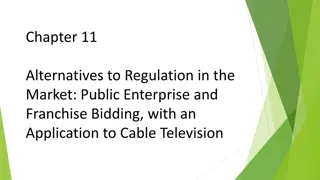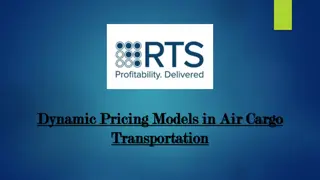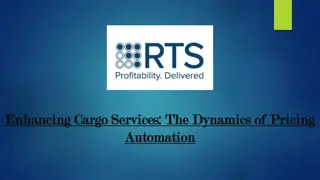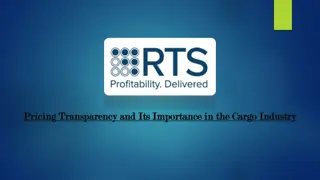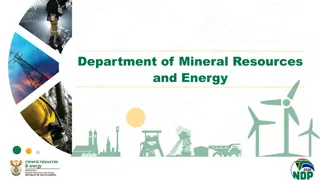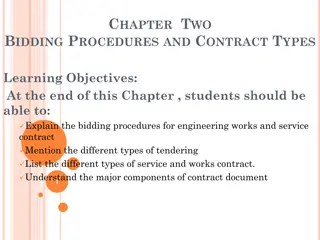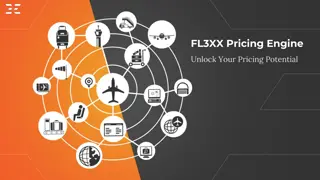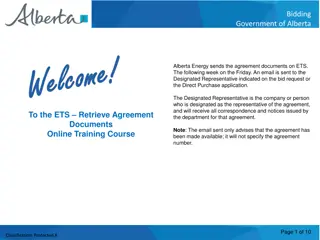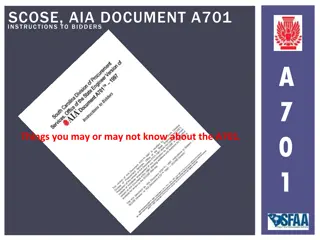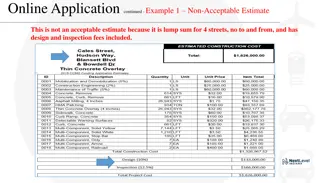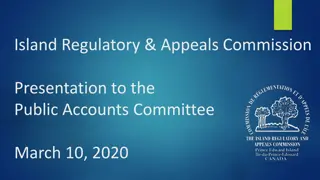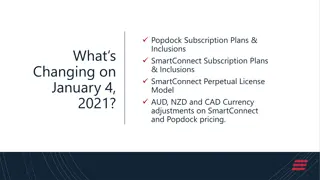
Contractor Selection, Bidding, and Pricing Alternatives in Construction Law Practice
Explore the intricacies of contractor selection, bidding processes, and pricing alternatives in construction law practice, covering topics such as competitive bidding, bid irrevocability, bidding errors, and pricing mechanisms. Learn about the nuances of public vs. private projects and understand key considerations for stipulated sum contracts.
Download Presentation

Please find below an Image/Link to download the presentation.
The content on the website is provided AS IS for your information and personal use only. It may not be sold, licensed, or shared on other websites without obtaining consent from the author. If you encounter any issues during the download, it is possible that the publisher has removed the file from their server.
You are allowed to download the files provided on this website for personal or commercial use, subject to the condition that they are used lawfully. All files are the property of their respective owners.
The content on the website is provided AS IS for your information and personal use only. It may not be sold, licensed, or shared on other websites without obtaining consent from the author.
E N D
Presentation Transcript
1 Contractor Selection, Bidding, & pricing alternatives Construction Law Practice Prof. Carl Circo, Ben J. Altheimer Professor of Legal Advocacy
2 Competitive bidding is mandatory for many public projects. Statutes and regulations vary depending on the public agency involved. Exceptions may apply to projects below a threshold dollar amount. Bidders must usually submit bid bonds with their bids. Bidding Competitive bidding on private projects is a matter of contract. Invitations to bid and instructions to bidders may be issued selectively. A request for proposals is an alternative to the competitive bidding process.
3 Bids are usually irrevocable for a specified period. O accepts the offer by the award announcement. The bid documents establishing the resulting contract terms. A bid is an offer. A low bidder who refuses to sign the contract may forfeit the bid bond sum. Bid protests are hard to win.
4 Some owners may permit an erroneous bid to be withdrawn. But don t bet on it. Relief for the bidder becomes progressively more problematic (before award; after award but before work begins; after work has commenced). Bidding errors Practical advice keep a good paper trail.
5 Where possible, the bid may include: Assumptions; Clarifications; Exceptions; Conditions (especially for approval of final contract terms). Protecting bidder clients Caution: the bidding process, especially public, may not permit these devices.
6 Strict competitive bidding is less common than on public projects. Owners can generally set whatever bidding rules they wish. Low bidders may simply win the opportunity to negotiate with O. Bidding practices on private projects An owner might incur liability to a bidder based on breach of implied promise of fairness to bidders, but damages are probably limited to the costs of preparing the bid. A request for proposals is more common & doesn t trigger contract issues.
7 Pricing mechanisms: Allocate economic risks; Impact many other contract terms. Pricing Construction Contracts
8 Stipulated sum contracts considerations: Scope of work becomes super-critical; Potentially conflicting economic incentives for O & C; Importance of progress payment terms; Role of a schedule of values; O s additional risk if C gets ahead on payments. Pricing Stipulated sum
9 Cost-plus contracts: Require comprehensive definition of cost of the work; Plus accounts for C s overhead and profit. Pricing Cost Plus fee
10 Estimates often operate as caps, subject to adjustment with O s consent. Guaranteed maximum price (GMP) contracts blend cost-plus pricing with a stipulated sum element. Related concepts: Unit pricing; VEQ clauses; Unbalanced bidding; Change order pricing; Allowances, contingencies, budgets, audit rights. More on pricing

